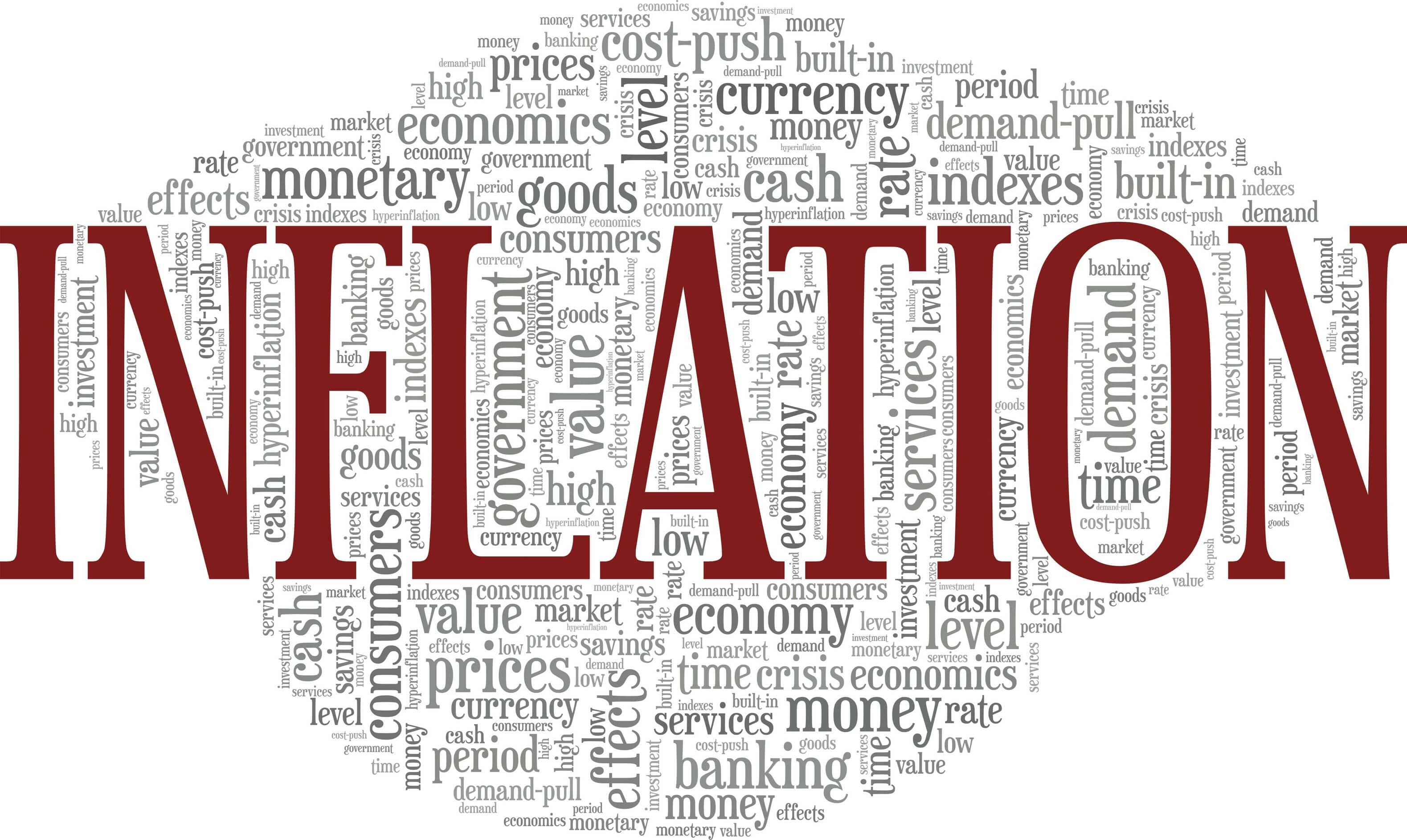How Will Inflation Affect the Gold Price?

More and more physical gold investors are starting to ring the alarm about rising inflation, potentially turning back to gold as a safe-haven asset.


More and more physical gold investors are starting to ring the alarm about rising inflation, potentially turning back to gold as a safe-haven asset.
